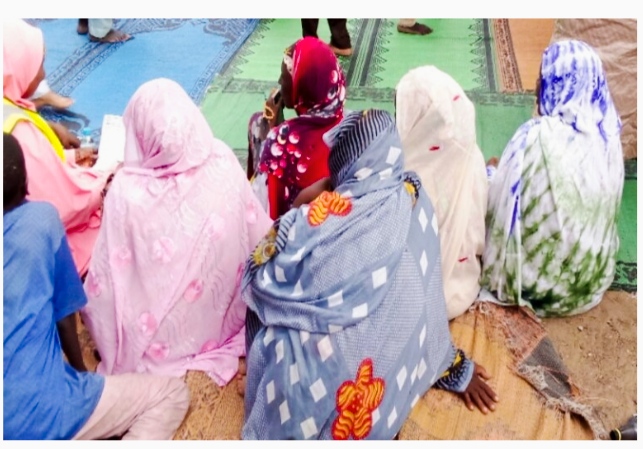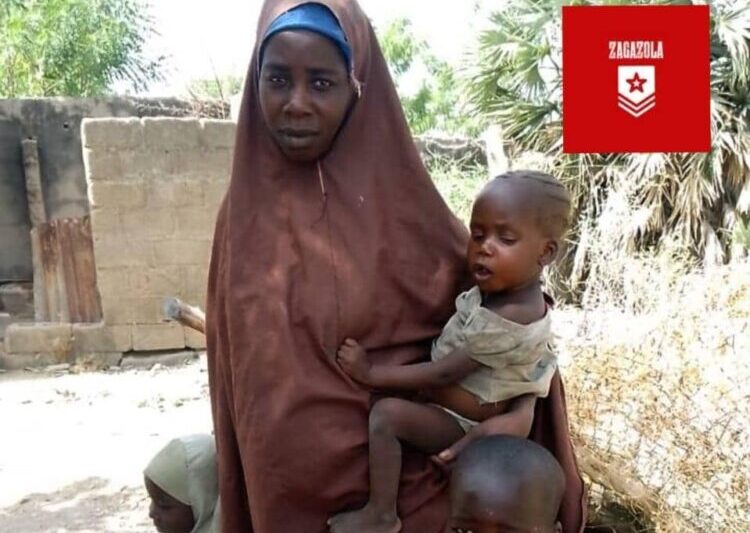Returnees from internally displaced persons’ camps in Maiduguri are finding life harder than ever living in an IDP camp in their original community in Pulka in the Gwoza Local Government Area of Borno State.
And it is the children who are suffering most because of a lack of education facilities and too few teachers. Almost 760 kids have dropped out of school. Some have established small businesses, such as supplying a charging point for mobile phones, others are sitting idle at the camp. And some have resorted to stealing, much to the dismay of their parents.
Although the returnees are back in their original community, they are living in Transit, an IDP camp, which is becoming more congested each day as other returnees arrive from Maiduguri where state-run camps were shut down at the end of December.
A father and the chairman of Transit camp, Ibrahim Modu, told RNI reporter Fatima Grema Modu that although life was not easy in the IDP camp in Maiduguri, it was still better than in Pulka.
“At least in Maiduguri there were education facilities and our children could go to school.”
He said in Transit almost 760 primary- and secondary-level children had dropped out of school.
“Our children used to attend classes organised by non-governmental organisations [NGOs], including the United Nations Children’s Fund [UNICEF] and Plan International. Even children from outside the camp used to come to the school because the NGOs provided free books and bags. But in the last two months the NGOs have left Pulka and most of the teachers, who were paid by the NGOs, have also left.”
Modu said the school was still open but there were just 28 volunteer teachers.
“With the number of kids out of school, we need better education facilities and many more teachers. As parents we are concerned about our children’s future. We need help from the government to improve our living conditions and to get our children back into school.”








